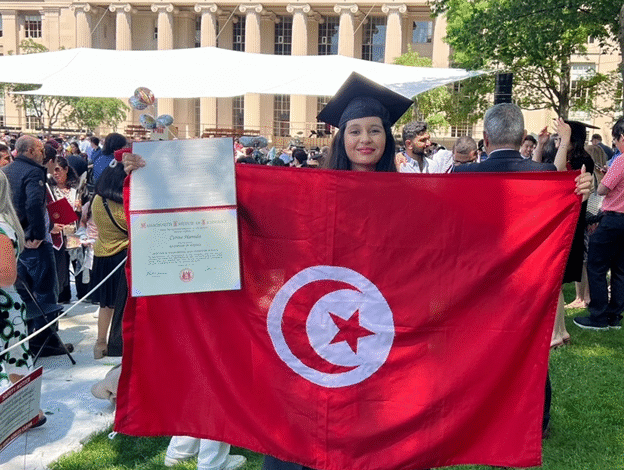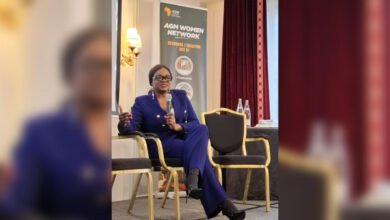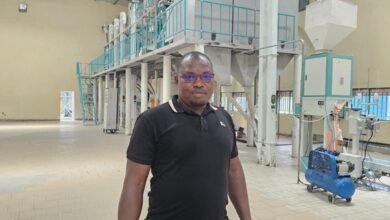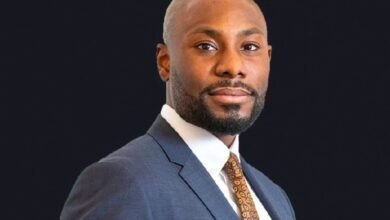How AI-powered personalized learning can turn Africa’s youth into global leaders
Africa is home to the world’s fastest-growing youth population. Preparing this generation to become global leaders means rethinking education systems that still prioritize rote memorization over creativity and problem-solving — and AI-powered personalized learning offers a powerful alternative.

By Cerine Hamida*
By 2030, 42% of the world’s youth will be African, yet most continue to be educated as if they were machines, memorizing facts in a world that rewards problem-solving. Tablets, digital textbooks, and video lessons merely digitize an outdated system. As UNESCO highlights in its Guidance on Generative AI in Education and Research (2023), the real challenge is not access to digital tools but ensuring technology strengthens human-centered learning and critical thinking.
From Cairo to Cape Town, classrooms look the same: teachers lecture, students copy, and everyone moves at the same pace with little regard for individual strengths or learning styles. This approach produces superficial knowledge: students memorize for exams but cannot apply concepts — a recipe for failure in tomorrow’s economy, where the Fourth Industrial Revolution demands scientific and technical skills alongside critical thinking.
Traditional schooling assumes all children learn the same way. Personalized learning takes the opposite approach: each student has unique strengths, gaps, and pace
Traditional schooling assumes all children learn the same way. Personalized learning takes the opposite approach: each student has unique strengths, gaps, and pace. Bloom’s famous “2-sigma problem” demonstrated its potential: with mastery-based individualized instruction, students performed two standard deviations above their peers — the difference between average and excellence. AI changes the equation entirely: machine learning can detect patterns in how students learn, recommendation algorithms can sequence the next activity, and natural language processing enables virtual tutors to explain mistakes step by step. In practice, this means adaptive content that adjusts difficulty and format in real time, immediate feedback turning mistakes into learning opportunities, continuous progress tracking for both students and teachers, and equitable access to resources in multilingual, low-resource contexts.
1for1Learning exemplifies these principles in practice. Built around Bloom’s taxonomy, the platform guides learners step by step, from knowledge to assessment, ensuring mastery at every stage
1for1Learning exemplifies these principles in practice. Built around Bloom’s taxonomy, the platform guides learners step by step, from knowledge to assessment, ensuring mastery at every stage. Its adaptive engine continuously adjusts content and pacing, while MAIProf, an AI tutor integrated into national programs, answers questions, guides problem-solving, and grades work in real time. Early results are promising: students who previously failed mathematics now excel, and parents report renewed motivation and confidence. Tunisia’s Ministry of Education recognized these achievements by showcasing 1for1Learning at Big Tech Africa in its official booth.
With responsible AI-powered personalization, Africa can prepare its youth to lead rather than follow
Several challenges remain: electricity, connectivity, and device access remain uneven across Africa. Teachers need training to effectively integrate AI recommendations into their instruction. Student data must be protected, algorithmic transparency ensured, and bias avoided. Systems also need to align with local curricula, languages, and cultural contexts.
Africa’s youth population is growing faster than anywhere else in the world. By 2030, nearly half of all young people will live on the continent — a historic opportunity or a looming crisis. If schools keep producing memorizers, the Fourth Industrial Revolution will widen inequalities. But with responsible, AI-enabled personalization, Africa can leapfrog outdated systems and prepare its youth to lead.
*Cerine Hamida, Co-founder and CTO of 1for1Learning, Electrical and Computer Engineering graduate from MIT, and AI researcher






